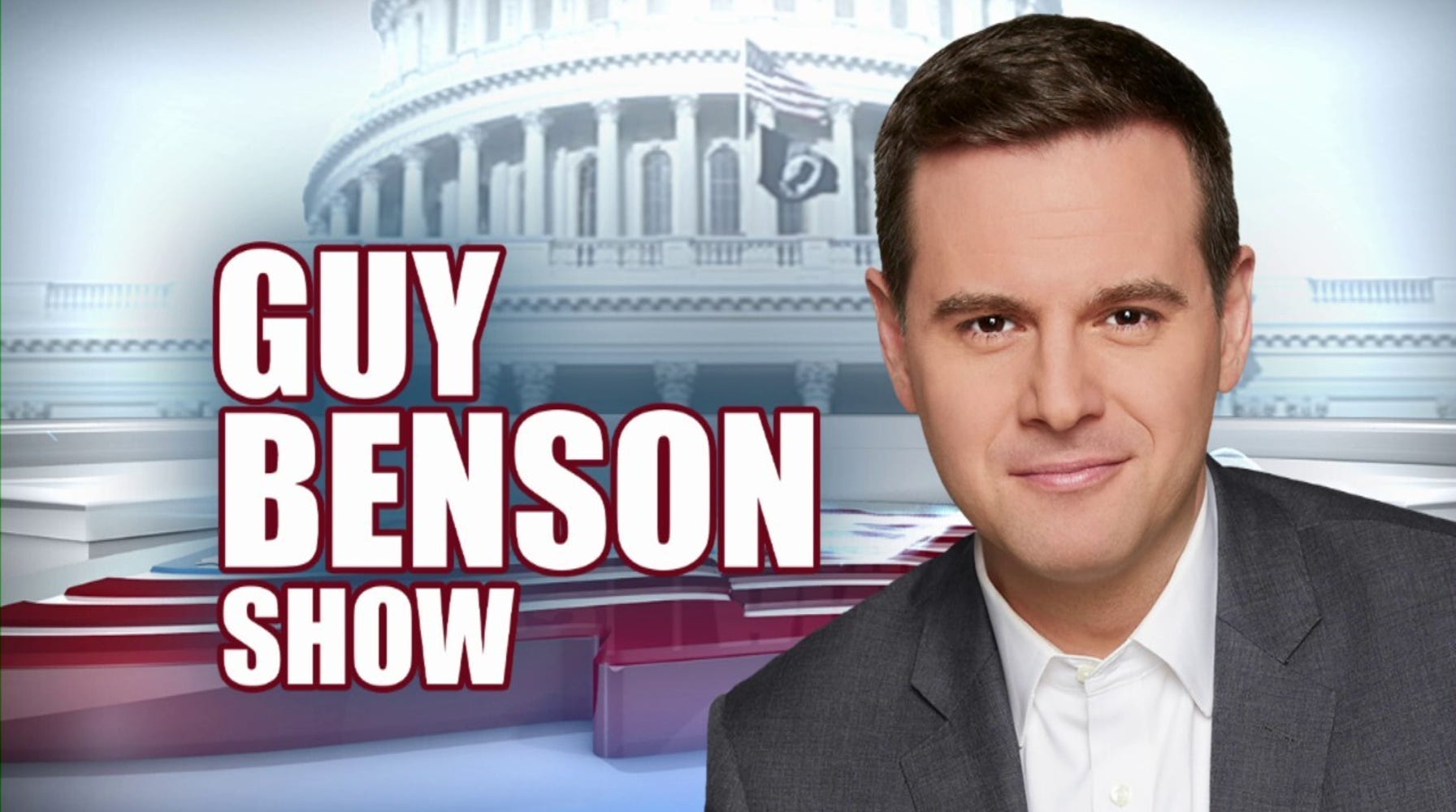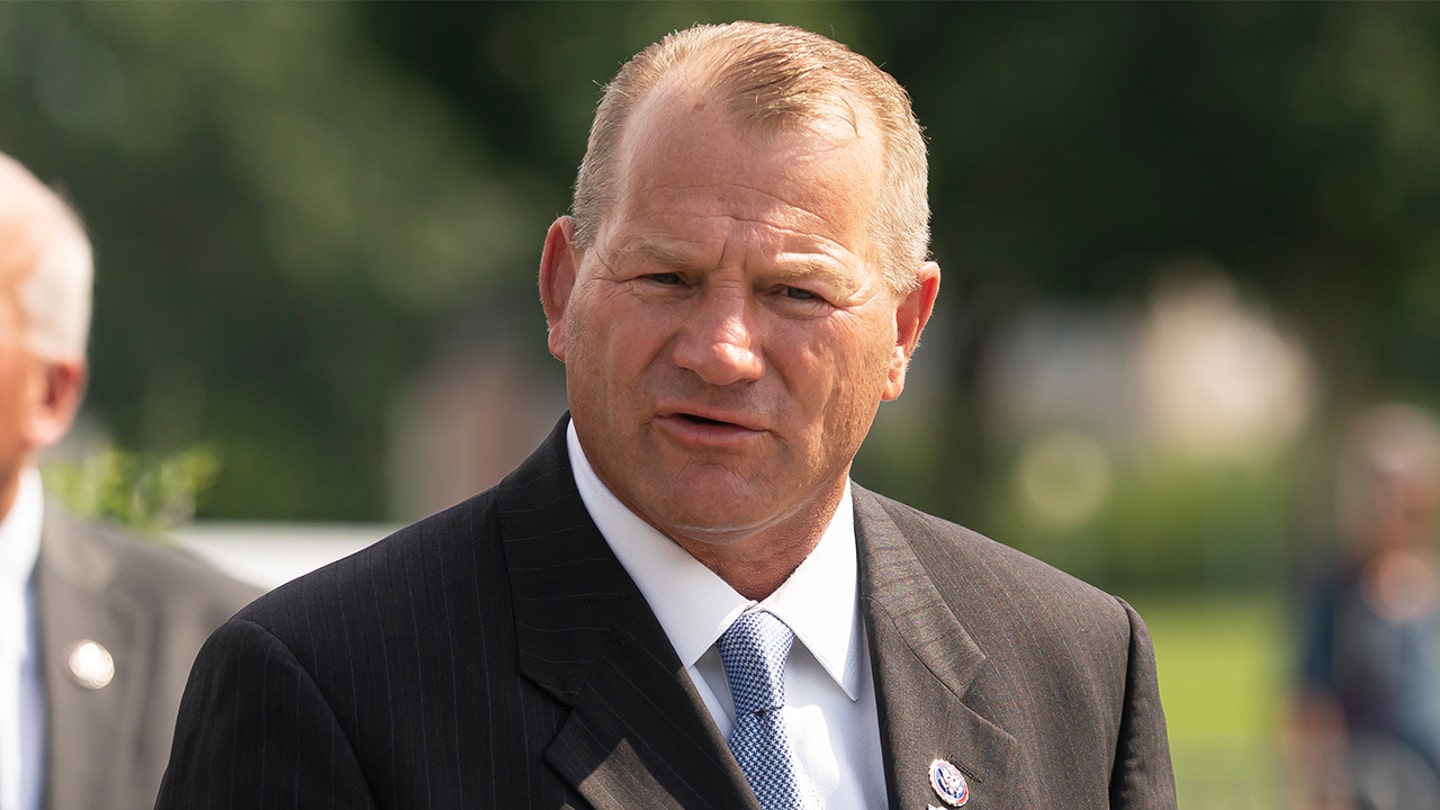The Supreme Court expressed support for continued federal regulation of untraceable "ghost guns," citing a rise in crime and the ease with which they can be assembled and purchased.
The Supreme Court has signaled its support for the continued federal regulation of so-called "ghost guns," a type of firearm that can be assembled from kits without a background check or serial numbers. During oral arguments on Tuesday, several justices expressed agreement with the Biden administration's view that these devices meet the federal definition of a "firearm" and should be subject to the same regulations as other commercial firearms.
The Justice Department argued that the increasing sale of untraceable ghost guns has created a "public safety crisis" with an "explosion" of crimes committed using them. U.S. Solicitor General Elizabeth Prelogar said that more than 19,000 hard-to-trace ghost guns were seized by law enforcement in 2021, a more than tenfold increase in just five years.

Supreme Court Backs Federal Regulation of Untraceable "Ghost Guns
Chief Justice John Roberts questioned the purpose of selling firearm parts that require minimal assembly, rejecting suggestions that the kits were intended for hobbyists. "Drilling a hole or two, I would think, doesn't give the same sort of reward that you get from working on your car on the weekends," Roberts said.
Justice Brett Kavanaugh raised concerns about sellers or buyers who may inadvertently violate the law due to ignorance of the regulations. However, he also indicated support for the government's position, acknowledging the "force" of its statutory interpretation.

Supreme Court Backs Federal Regulation of Untraceable "Ghost Guns
The 1968 Gun Control Act was revised in 2022 to regulate the growing market for "buy build shoot" kits. The law defines a "firearm" to include any weapon that is "designed to or may readily be converted to expel a projectile by the action of an explosive," as well as "the frame or receiver of any such weapon."
Gun rights groups argue that the rule is unconstitutional and abusive, claiming that the ghost gun kits consist of non-firearm objects. However, the administration maintains that it is not seeking to ban the sale or use of these kits, merely requiring them to comply with the same requirements as other commercial firearms dealers.

Supreme Court Backs Federal Regulation of Untraceable "Ghost Guns
The Supreme Court wrestled with questions about the ease of assembling a ghost gun from a kit and whether it is appropriate for judges to intervene in such matters. Justice Ketanji Brown Jackson expressed concerns about the court "taking over" the agency's role in interpreting statutory terms.
However, other justices questioned whether unassembled parts could truly be considered a gun. Justice Samuel Alito compared it to a grocery list or the ingredients for an omelet, while Justice Amy Coney Barrett focused on the ready-to-assemble kits.

Supreme Court Backs Federal Regulation of Untraceable "Ghost Guns
Barrett also raised concerns about the legal alternatives to the ATF rules proposed by the gun rights supporters, suggesting they seemed "a little made up."
The ATF's rule requires unfinished parts of a firearm, such as the frame of a handgun or the receiver of a long gun, to be treated like a completed firearm. These parts need to be licensed and must have serial numbers. The rule also requires manufacturers to run background checks before selling these parts, as they are required to do for whole commercial firearms.

Supreme Court Backs Federal Regulation of Untraceable "Ghost Guns
The Supreme Court had previously allowed the regulation to remain in effect while the lawsuit continued through the courts, with Chief Justice John Roberts and Justice Amy Coney Barrett voting with the three liberal members of the court to form the majority.
A ruling is expected by summer 2025.










